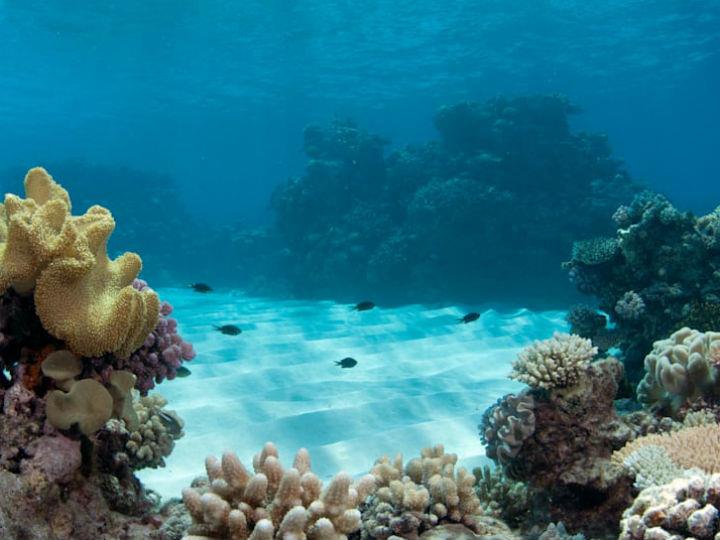by Richard Branson*
For the first time, environmental concerns are the top five global risks in the World Economic Forum’s Global Risks Report. The health of the ocean - or lack of it - is everywhere. 2019 was the hottest year ever recorded for the ocean, capping the hottest decade on record for the planet.
The ocean, which feeds us, regulates our climate and is one of the engines of the global economy, is changing at the fastest rate in human history. Viewing the climate emergency through this ocean risk lens paints a bleak picture, but it also points the way to practical, powerful solutions – because achieving a healthy, thriving, resilient ocean will have huge knock-on benefits for wider climate commitments, not to mention all the Sustainable Development Goals.
As we embark on a new decade we have a unique window of opportunity to disrupt the status quo and shift away from the current pathway of planetary decline. Ending support of unsustainable fishing, agreeing a new high seas treaty, and a new global deal for nature that protects 30 per cent of land and sea – all are achievable. Meeting the SDG 14 targets will help build a heathy ocean, buoy up the global goals on poverty and hunger, jobs and health, and enhance the ocean’s capacity to be a buffer against climate change.
So, what’s to be done? First and foremost, we need to make deep, rapid cuts to global carbon emissions and meet the Paris targets. At the same time, we must invest in nature. Specifically, to reduce ocean risk, we need to massively increase investment in nature-based solutions like protecting and restoring coral reefs, mangroves and coastal wetlands – call it green/blue infrastructure. The business and finance sectors can make a real impact by actively spearheading these initiatives around the world.
No one sector can confront ocean and climate risks alone. Ocean Unite, the charity Virgin Unite incubated and I co-founded, has joined forces with the insurance company AXA and partners from government, the private sector - especially insurance and finance, and civil society - to build a true multi-stakeholder partnership to innovate together. Launched in 2019, with the backing of 13 governments, the Ocean Risk and Resilience Action Alliance is pioneering transformative tools like reef insurance, incentivising investments in blue carbon sites like mangroves and sea grass beds, and modelling climate/ocean risk to help inform policy. The ultimate aim is to propel solutions that reduce ocean and coastal risk and contribute to the global goal of keeping warming below 1.5 degrees.
It’s a goal that everyone should invest in. Governments can be slow to act, but businesses, cities, communities and individuals can lead the charge. Young people have certainly made it clear that they won’t stand for it. It’s time for all of us to protect the most vulnerable from risk, heed the resounding alarm bells issued by scientists, and invest in a fairer, safer, healthier future on land and sea.
*Founder, Virgin Group
**first publist in: richard-branson




 By: N. Peter Kramer
By: N. Peter Kramer
